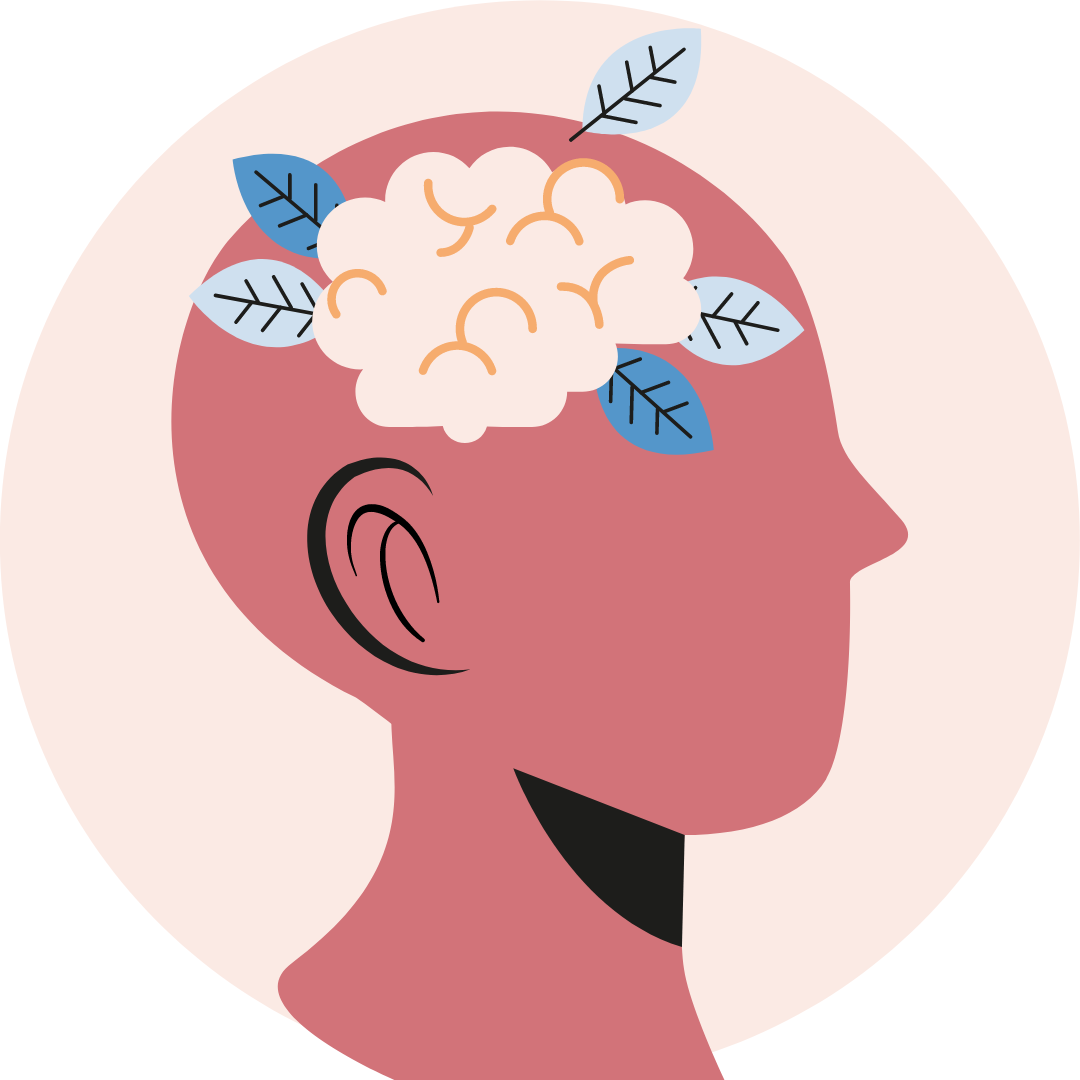Thinking about therapy myths is quite fun for me, for some reason. Perhaps because there are so many myths about therapy, myths that are often perpetuated in movies, or media, or in conversations around a dinner table. It’s not me shouting at the television as I watch Naomi Watts, playing therapist Jean Halloway in the drama series Gypsy (it’s me). It’s not me furrowing my brows in concentration as I try to answer the question “So you teach people mindfulness?”. I’ve taken to simply staring blankly while sliding Lori Gottlieb’s memoir Maybe You Should Talk To Someone across the table.
Humour me, and perhaps humour you too, and let’s work through five myths about therapy.
- Your therapist is there to give you advice
- Your therapist is there is support you to connect to yourself, and your own wisdom as you make decisions about your life. Your therapist may support you around the process of how to make a difficult decision. Your therapist may support you in weighing out different options, and providing feedback to you about what they are hearing in your decision making (for example, your therapist might say… “this sounds like catastrophizing? are there any other possible outcomes?”. Your therapist may support you to connect to insight about your current decision based on past experiences you have shared with them. However, except in very rare cases, your therapist is not there for advice.
- You need a specific reason to go to therapy
- It’s true – many people do ‘end up’ in the therapy space because they have hit a breaking point. Maybe they’ve found themselves in a crisis, or have simply waited until they have landed in despair, the deepest of depression, or feel absolutely terrified to face another panic attack. It doesn’t have to be this way, even though it’s of course okay that sometimes it is this way. I would want you to know that you can come to therapy even if you’re not sure what you want to work on. You can come to therapy even if you’re feeling pretty satisfied in your life but you’re simply curious about what it would feel like. I would want you to know that you can come to therapy for the simplest reason of personal growth. These are brilliant reasons to end up in the therapy space and you, even without a crisis, are welcome in it!
- Your therapist will just agree with you because you’re their client
- Absolutely not. Your therapist may consider the tone, approach, or timing of offering another perspective, or simply disagreeing with you, but your therapist would not agree with you just because you are the client! That is not a therapeutic or supportive approach to take. And on top of this, a dishonest approach would damage the therapeutic relationship.
- You therapist will push you to talk about things you’re not ready or not wanting to talk about
- Your therapist will likely work on developing safety in the therapeutic relationship and in your own internal system so that you feel like addressing painful past experiences could be possible. However, if you would like to focus on the present and not go to the past, you can ask for this and this can be honoured in the right therapy space. You get to set the goals for therapy – “I would like tools to cope stress at work” is a perfect (and presently focused) goal. “I would like to deepen my understanding of my stress responses at work by understanding how experiences of stress in my childhood have impacted me. I would also like tools to reduce my reactive behaviour to stress at work” is another goal that may spend time exploring past experiences, their impact, and developing ways of coping in the present. There is no right or wrong goal – as the client, you get to choose! If you are in doubt, this is a beautiful conversation to bring to your therapist. Express your thoughts, concerns, or fears and together with your therapist, you can find a way forward that works for you.
- Your therapist will be upset if you want to take a break or try something different
- If you have been in therapy for a good amount of time, and you are not seeing the progress you would like to see and feel, please tell your therapist. It’s true you might need to try something different. It’s also possible that you need to consider your expectations – were you hoping for a quick change? Is this realistic? I often think of the phrase, therapy isn’t about learning to feel better, it’s about learning to feel. Sometimes wading through the waters of your mental health leads to feeling more before feeling better. This is healthy and common. Your therapist may be able to offer you reassurance and support around this if this is part of what is going on.
Danielle is a Registered Social Worker and psychotherapist in Hamilton, Ontario. She works with experiences of anxiety, depression, trauma, and personal development from a relational and client-centred approach. She is an EMDR Certified Therapist and Consultant-in-Training. She’s probably drinking a very hot coffee, right now. More questions? Reach out here.

